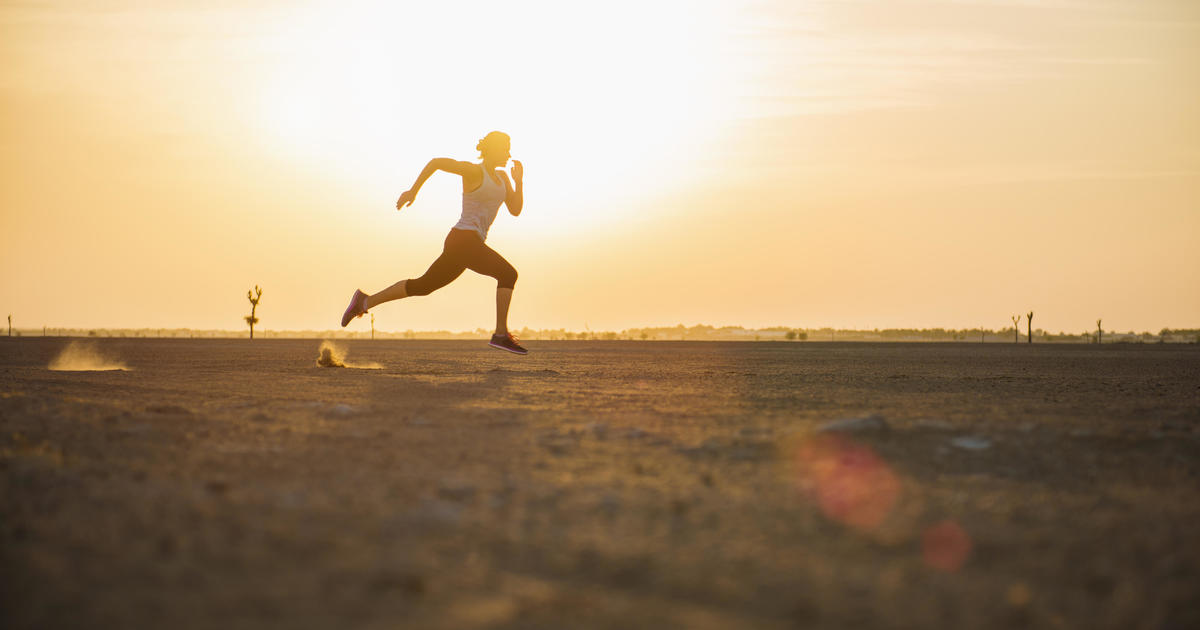The era of going for a run in the middle of the day during summer might be coming to an end. Extreme heat is scorching cities worldwide and is expected to persist and worsen over time. This climate change phenomenon is likely to lead to a significant transformation in outdoor sports as we currently know them. People in areas like the Southwest U.S. have been enduring brutal temperatures for weeks, partially due to El Niño, a natural climate occurrence that causes warmer-than-average surface temperatures in the Pacific Ocean. However, the overall warming of the planet caused by greenhouse gases trapping heat in the atmosphere also contributes to these extreme heat waves, as well as other severe weather events like storms and droughts.
As global temperatures continue to rise, these heat waves will become even more intense and frequent. This poses a potential disaster for those who enjoy outdoor activities during the warmer months. According to Bharat Venkat, an associate professor at the University of California Los Angeles and director of the UCLA Heat Lab, there needs to be a significant shift in workout routines during the hot summer months. Running, for example, can become dangerous during heat waves.
Extreme heat is dangerous because it compromises the body’s ability to regulate its temperature effectively. When you exercise in high temperatures, your body confronts heat from both external and internal sources. The more intense your workout, the more heat your body generates, making it challenging for your body to cool down and maintain safe temperature levels. This poses risks for everyone, regardless of age or overall health. Heat-related illnesses lead to thousands of emergency room visits and hundreds of deaths each year.
Venkat advises against outdoor exercise in triple-digit temperatures, suggesting that people exercise early in the morning or late at night when the temperatures are lower. While our bodies can adapt to different environments over time, there are limits to this acclimatization. Ideally, exercising indoors is the best option during extreme heat conditions.
The impact of extreme heat goes beyond personal fitness routines. There are behavior changes for outdoor enthusiasts. Many people now seek access to outdoor recreational spaces earlier in the morning or later in the evening when temperatures are more tolerable. Moreover, areas with poor air quality face additional challenges due to climate change-related events like wildfires. Summer camps and youth sports programs have been affected, with postponements and cancellations becoming more common. Affluent communities tend to have better access to indoor facilities or shaded areas, while under-resourced communities face additional barriers. Addressing these disparities requires additional investment in parks and recreation departments.
Sports organizations are also adapting to the extended heat season. The New York Road Runners and the Boston Athletic Association provide guidance to runners on how to adjust their activities in higher heat and humidity. They emphasize the importance of respecting your body’s limits, acclimating gradually to higher temperatures, and paying attention to both outdoor temperature and humidity levels. Professional events, such as international tennis tournaments, have implemented protocols to suspend games in extreme heat or humidity.
It is evident that changes in sport seasonality are occurring and will continue to do so. The heat season is expanding each year, necessitating adjustments to sporting events. As extreme heat becomes more prevalent, adapting to the new normal will be crucial for the safety and well-being of athletes and outdoor enthusiasts alike.
Denial of responsibility! VigourTimes is an automatic aggregator of Global media. In each content, the hyperlink to the primary source is specified. All trademarks belong to their rightful owners, and all materials to their authors. For any complaint, please reach us at – [email protected]. We will take necessary action within 24 hours.


